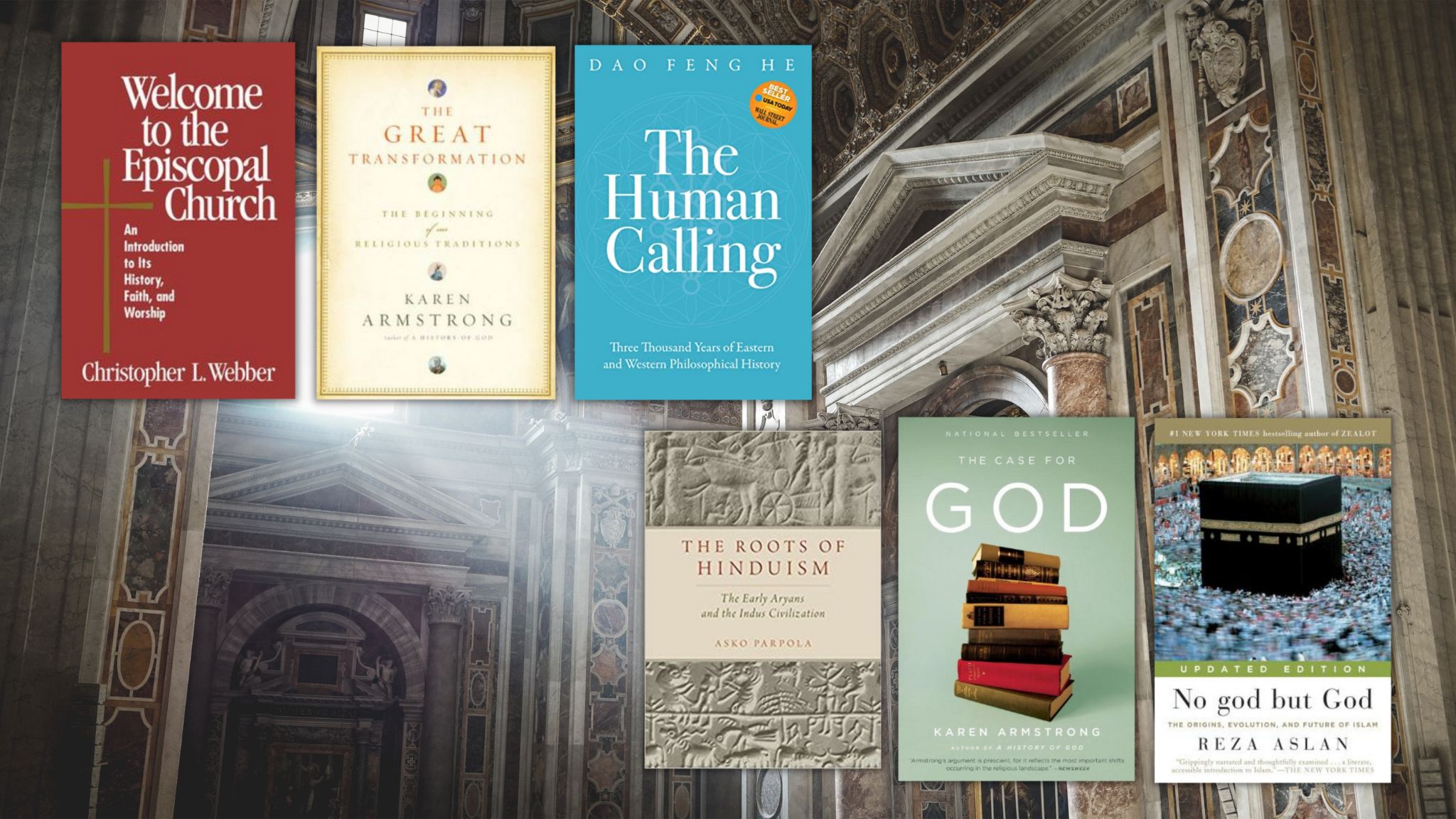Studying the history of religion is a gateway to more than just an understanding of religious institutions. It also offers a glimpse at the propagation and function of ancient civilizations. Since the beginning of time, religion has been a significant influence on our cultures, going so far as to shape our traditions, our behavior, and even our concept of time. Whether you’re devoted to your faith or haven’t stepped foot inside a place of worship, the following six books dive into the worlds major religions and explain how they’ve shaped humanity’s past, present and future.
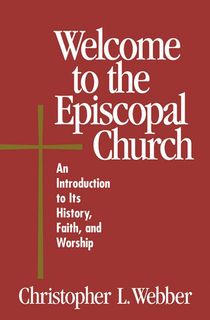
Welcome to the Episcopal Church by Christopher Webber
Episcopalism began in the years following the American Revolution, following its separation from the Church of England. Despite their newfound independence, they retained some of their Anglican routes—mainly The Book of Common Prayer, the center of Episcopal worship. Whether you’re new to the religion or have an interest in learning more about your faith, Christopher Webber’s book is an accessible introduction to its past, present, and future—from the church’s beliefs and practices to its origins in the 18th century.
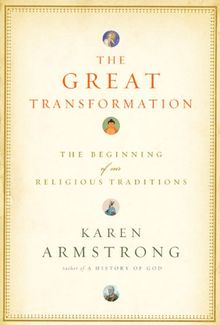
The Great Transformation by Karen Armstrong
China, India, Israel, and Greece were once the four major regions of the ancient world. Within each of them, a new religion arose. China saw the beginnings of Confucianism and Taoism just as Israel preached a more monotheistic faith. India became the hub of Hinduism and Buddhism while Greece favored philosophical rationalism. New York Times-bestselling author Karen Armstrong takes an in-depth look at the birth of these four religions, their impressive longevity, and how they are the products of their early, violent times.
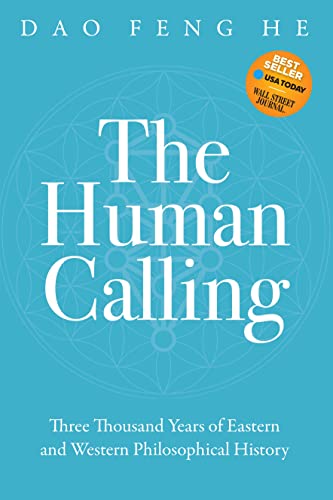
The Human Calling by Daofeng He
The Human Calling is a vigorously researched and profoundly spiritual narrative history of the world’s religious movements as they relate to society’s collective understanding of the duties they have to fellow people and looks ahead to what lessons from history can be applied as people navigate a technological age. Focusing on the rise and fall of spiritual movements in both the East and West, The Human Calling examines what the world’s major religions have historically offered, asks what people are here for outside of pure survival, and makes the persuasive argument for Christianity as the best leader to guide individuals on the path toward better caring for one another―our human calling.
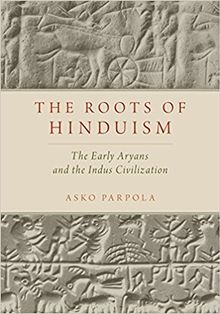
The Roots of Hinduism by Asko Parpola
While much is known about the Indo-Aryan roots of Hinduism, little is known about the equally culpable Indus Civilization. Despite their advanced civilization—which rivaled cities like Mesopotamia—their ancient scripts went untouched and undeciphered. Author Asko Parpola wanted to change that, and so he dedicated him to 50 years of research on the lost Indu culture. His book finally sheds light on these forgotten roots of Hinduism, painting a dynamic portrait of the Indus through linguistic studies, archaeology, sociology, and theology.
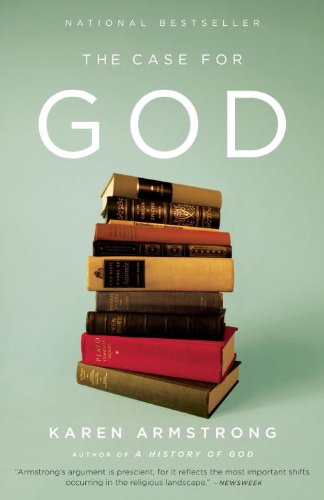
The Case for God by Karen Armstrong
Moving from the Paleolithic age to the present, Karen Armstrong details the great lengths to which humankind has gone in order to experience a sacred reality that it called by many names, such as God, Brahman, Nirvana, Allah, or Dao. Focusing especially on Christianity but including Judaism, Islam, Buddhism, Hinduism, and Chinese spiritualities, Armstrong examines the diminished impulse toward religion in our own time, when a significant number of people either want nothing to do with God or question the efficacy of faith. Why has God become unbelievable?
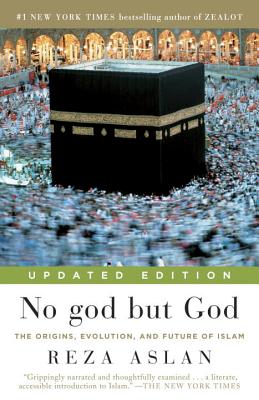
No god but God by Reza Asla
In No god but God, internationally acclaimed scholar Reza Aslan explains Islam—the origins and evolution of the faith—in all its beauty and complexity. This updated edition addresses the events of the past decade, analyzing how they have influenced Islam’s position in modern culture. Aslan explores what the popular demonstrations pushing for democracy in the Middle East mean for the future of Islam in the region, how the Internet and social media have affected Islam’s evolution, and how the war on terror has altered the geopolitical balance of power in the Middle East. He also provides an update on the contemporary Muslim women’s movement, a discussion of the controversy over veiling in Europe, an in-depth history of Jihadism, and a look at how Muslims living in North America and Europe are changing the face of Islam. Timely and persuasive, No god but God is an elegantly written account that explains this magnificent yet misunderstood faith.

